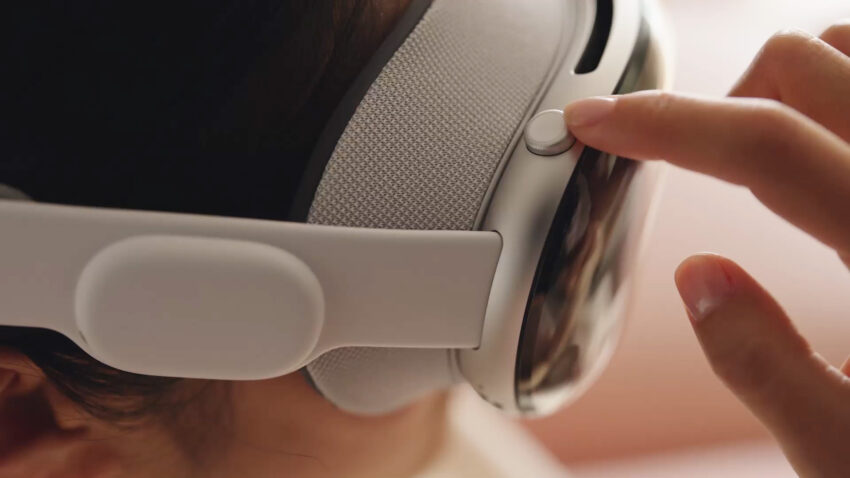Apple has been at the forefront of innovation for decades, continually redefining how technology integrates into our lives. One of its most significant advancements lies in the realm of artificial intelligence (AI) and machine learning. From the introduction of Siri in 2011 to the groundbreaking Vision Pro in recent years, Apple has showcased a steady evolution in AI-powered technology. Let’s delve into this journey and see how Apple has transformed its intelligent ecosystem.
Siri: The Beginning of AI Integration
In 2011, Apple launched Siri as part of the iPhone 4S, marking its first major foray into AI. Siri was revolutionary for its time, offering users a virtual assistant capable of understanding natural language and performing tasks like setting reminders, sending texts, or providing weather updates. While its capabilities were basic compared to today’s standards, Siri introduced the world to the potential of voice-controlled AI.
Evolution of Siri
Over the years, Siri has evolved significantly:
- Improved Natural Language Processing (NLP): Apple enhanced Siri’s ability to understand context and complex queries.
- Integration with Apple Ecosystem: Siri became a central part of the Apple ecosystem, supporting devices like Apple Watch, HomePod, and macOS.
- Privacy-Centric Approach: Unlike some competitors, Apple emphasized on-device processing and minimal data collection, aligning with its commitment to user privacy.
Machine Learning on the Device
As AI grew more sophisticated, Apple pivoted towards on-device machine learning. This shift enabled faster, more secure processing and improved user experiences. The introduction of the Neural Engine in Apple’s A-series chips was a game-changer, allowing real-time AI computations for tasks like facial recognition (Face ID) and augmented reality (AR).
Core ML Framework
Apple’s Core ML framework provided developers with tools to integrate machine learning models into apps. This opened the door for a plethora of AI-driven features, such as photo categorization, voice recognition, and predictive typing, enhancing the overall iOS experience.
Transition to AR and Spatial Computing
Apple’s next major leap in intelligence came with its focus on augmented reality. Starting with ARKit in 2017, Apple equipped developers with the tools to create immersive AR experiences. This technology found its way into apps ranging from gaming to interior design, proving the versatility of AR in everyday applications.
Vision Pro: A New Era of Intelligence
In 2023, Apple unveiled the Vision Pro, a mixed-reality headset that redefined how we interact with digital content. Unlike traditional AR/VR devices, Vision Pro leverages AI to deliver unparalleled spatial computing capabilities:
- Advanced Eye-Tracking: Vision Pro uses AI to detect where the user is looking, enabling seamless navigation and interaction.
- Gesture Recognition: The device’s AI-driven sensors accurately interpret hand movements for intuitive controls.
- Personalized Experiences: Vision Pro tailors its functionality based on user preferences, offering a deeply immersive and personal experience.
Apple’s Commitment to Privacy
Throughout its journey, Apple has maintained a strong focus on user privacy. By prioritizing on-device processing and minimizing data collection, Apple has set a benchmark for ethical AI development. Features like “App Tracking Transparency” and “Privacy Labels” further solidify its stance on protecting user data.
The Future of Apple Intelligence
As Apple continues to innovate, the possibilities for AI integration are endless. Future advancements may include:
- Enhanced Multimodal Interaction: Seamless integration of voice, gesture, and eye-tracking for more intuitive user experiences.
- Smarter Health Monitoring: AI-driven insights through Apple’s health devices, such as the Apple Watch, to revolutionize personal wellness.
- Deeper Ecosystem Integration: Expanding the interoperability of Apple’s devices for a more cohesive and intelligent ecosystem.
Conclusion
From Siri’s humble beginnings to the groundbreaking Vision Pro, Apple’s journey in artificial intelligence showcases its commitment to innovation, user experience, and privacy. As the company continues to push the boundaries of technology, one thing remains clear: Apple’s intelligence will play a pivotal role in shaping the future of how we interact with the digital world.
